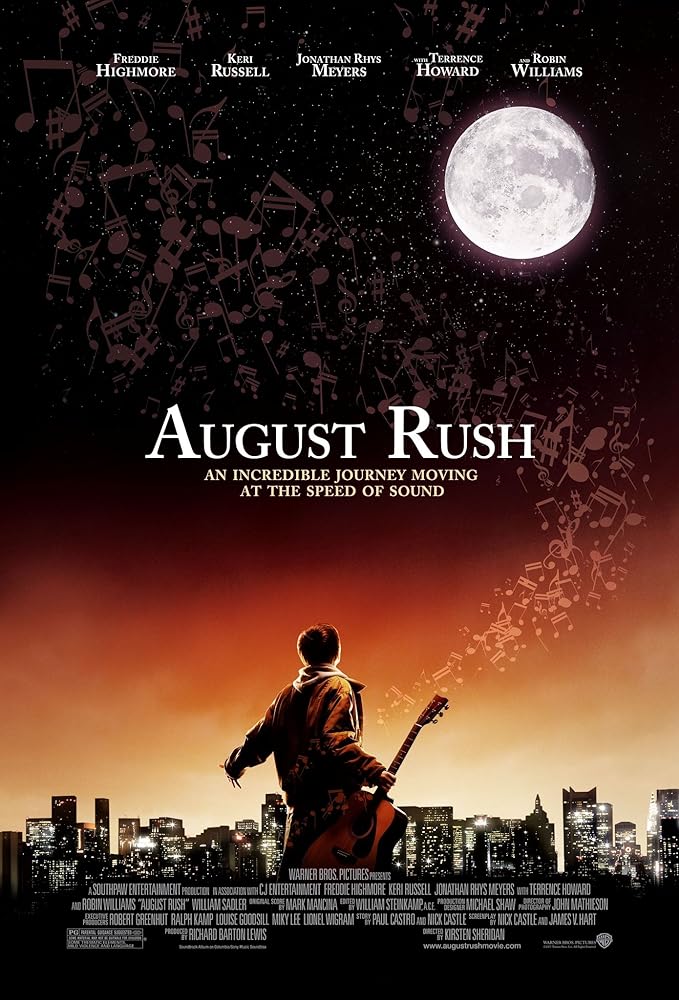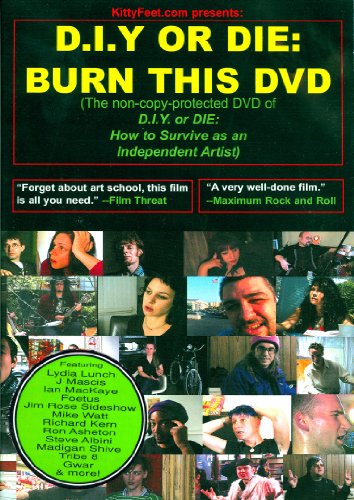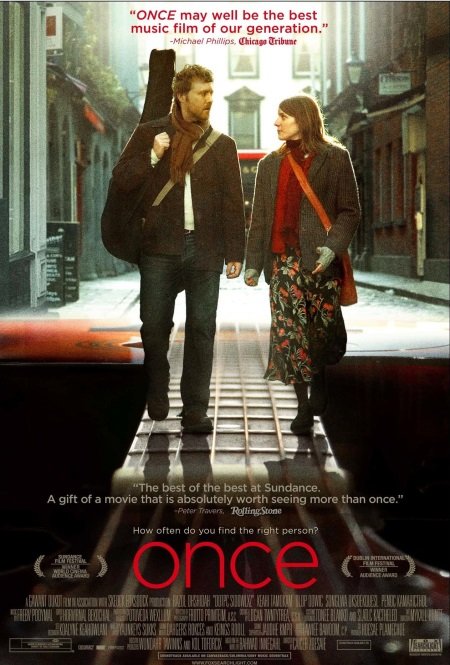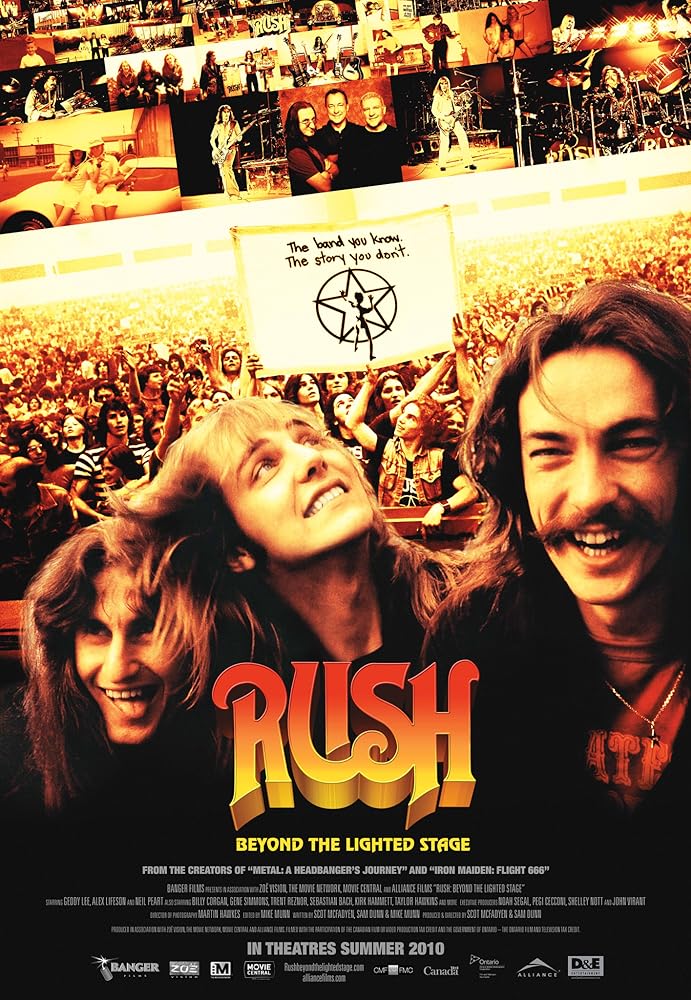

Sometime around 2003-2005 I took my beloved two-tone brown – three if you count the rust – 1977 Toyota Celica off the road. It needed too many repairs – enough that the cost of parts to get it happy again was more than the value of the car. I also wasn’t driving much, and I was broke which made fuel and insurance too much of an expense – comparatively I preferred to pay rent and eat food. It was at this time that I stopped listening to broadcast music – because the only time I listened to a stereo was when I was driving.
For the past two years that I’ve owned my truck it hasn’t had a working stereo in it. Frankly, I haven’t missed not having music. In fact, I’ve even preferred not having tunes – having not driven much in as many years I didn’t need the distraction, and I wanted to get comfortable with a vehicle that is noticeably bigger than my Celica.
When I got my truck I took inventory of the work it needed along with modifications I wanted to make. That list – that meticulously detailed Excel list – easily grew past 100 line items. With no shortage of advice and hands-on help from a number of friends and professionals, my truck has come a long way. There’s still plenty of work to do, and lately I’ve reached a point where it’s about time to install the stereo.
What stereo?
Well friends, this Rock-Star!

A genuine circa 1990s
Audiovox Rampage AV-340!
Check out the features…
- Detachable front panel
- Digital AM/FM/MPX radio (Don’t ask me what MPX stands for, I have no idea — but I’m sure it’s something HIGH TECH.)
- Auto-reverse cassette player
- 2-channel stereo
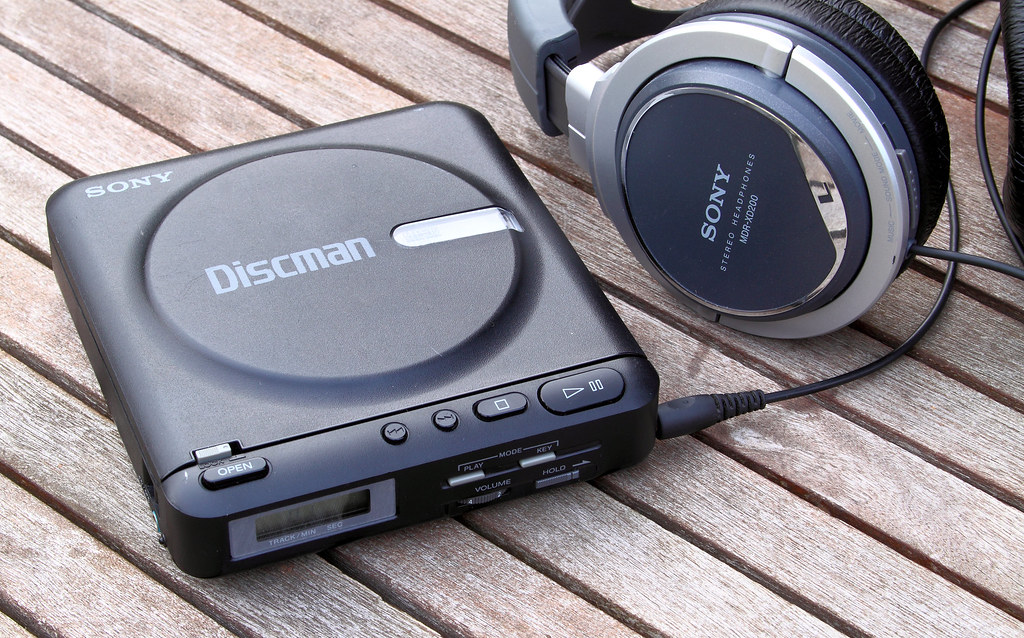 But don’t take my word for it, read the manual for yourself – it’s a PAGE TURNER! It even has a headphone jack so I can plug in my portable CD player.
But don’t take my word for it, read the manual for yourself – it’s a PAGE TURNER! It even has a headphone jack so I can plug in my portable CD player.
Yes, you read that right – it is a 2-channel AM/FM stereo! It’s not 4-channel, it’s not surround-sound, but let’s face it – it’s in the cab of a truck, I don’t need it. This has to be among the last cassette deck stereos that was made and sold – and what’s amazing to me is that it was made with a removable face-plate like the CD players of the time. This removable face-plate feature was done to be a theft deterrent with CD players. Again, let’s face it – it’s a cassette player, that in itself ought to be an anti-theft device!

I already have one of my previous smartphones setup to serve as an MP3 player in my truck. If you think about it, when this stereo was designed and sold, No One had smartphones – that was Star Trek tech!
So, you might be asking yourself about now, “Don, why do you have this stereo, and why are you putting it in your truck?” The answer to that …. because it works and it was FREE.
 So now that I have wheels again and a stereo … what radio stations do I listen to?!?
So now that I have wheels again and a stereo … what radio stations do I listen to?!?
Who cares — buy my book! Better yet, buy 20 copies and give them to your friends. When they tell you how much they enjoyed it then go buy yourself a copy. It’s on Amazon — paperback, e-book, get both — give it another glowing review. I am not above Shameless Self Promotion. Or humor.
While you’re waiting for your Amazon order of my book, read some zombie film reviews.
